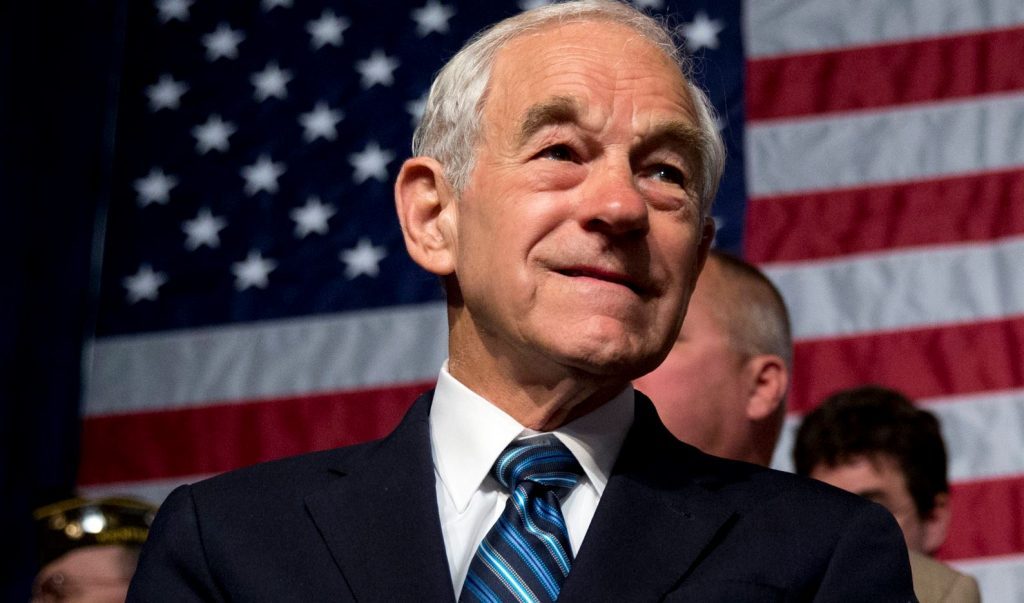In a recent interview, Dr. Ron Paul, a prominent figure in the libertarian movement and former U.S. Congressman, engages in a meaningful dialogue with Jp Cortez, the Executive Director of the Sound Money Defense League. This organization is a public policy initiative backed by Money Metals Exchange that aims to revitalize the monetary value of gold and silver by advocating for the removal of taxes on these assets. Together, they delve into the historical trajectory of the U.S. dollar, particularly marking the pivotal moment when the United States abandoned the gold standard during President Nixon’s administration. This moment triggered a lasting trend of inflation that has since plagued the economy, shedding light on the imperative for a monetary system anchored in physical assets.
Dr. Paul and Cortez argue vigorously for gold’s role as a stable, reliable asset in a volatile economic landscape. They emphasize that a private monetary system based on gold and silver could provide a safeguard against the adverse effects of excessive government spending and the subsequent devaluation of currency. Their discussion presents gold as not merely an investment but as an essential bulwark against the ongoing erosion of purchasing power that has become a hallmark of fiat currencies. This restoration of a sound monetary system would not only stabilize individual wealth but also foster broader economic resilience against the financial missteps of government policy.
Moreover, the interview highlights a discernible shift in skepticism towards fiat currency, resonating especially within the context of international developments. Cortez and Dr. Paul note that several BRICS nations and some U.S. states are beginning to adopt policies aimed at mitigating their reliance on the dollar. This growing trend towards utilizing gold and other tangible assets reinforces a collective movement away from fiat currency systems, stirring a growing distrust both domestically and globally. Their discussion contextualizes this skepticism as part of a larger paradigm shift in monetary policy fueled by an increasing recognition of the risks inherent in fiat systems.
A significant takeaway from their discussion centers on the urgent need for public education concerning the intricate relationship between inflation and government action. Cortez frames inflation as more than an economic obstacle; he views it through a moral lens as a consequence of irresponsible monetary policies that ultimately erode trust and financial stability. His commitment to educating and empowering individuals is paramount to the mission of the Sound Money Defense League, which seeks to arm citizens with knowledge and advocacy skills to promote sound monetary policies throughout their respective states. By fostering a community informed about these critical issues, they hope to reclaim the narrative on inflation and fiscal responsibility.
As the conversation progresses, Dr. Paul and Cortez spotlight the essential role of grassroots advocacy in achieving meaningful legislative change. Both emphasize that active civic engagement is crucial for the Sound Money movement to gain traction. Cortez encourages viewers to take part in legislative efforts that support sound money initiatives, asserting that individual action can be a potent catalyst for restoring financial integrity. The call to action aims to invigorate community involvement in efforts that oppose runaway government spending and the resultant devaluation of currency. By harnessing the power of collective grassroots movements, advocates aspire to influence key moments in policy-making that would favor the promotion of sound money principles.
In conclusion, the dialogue between Dr. Paul and Jp Cortez articulates a clear and urgent vision for a monetary system that prioritizes stability, transparency, and accountability. By revisiting the historical lessons of the U.S. dollar’s departure from the gold standard, they advocate for a progressive shift back to tangible assets like gold and silver. The dedication to educating the public and driving grassroots advocacy encapsulates a broader mission to foster a climate where sound monetary policies are not just aspirational but achievable. The overarching aim remains to restore financial integrity and safeguard citizens’ wealth amidst the pervasive challenges posed by inflation and governmental financial mismanagement. This initiative ultimately stands as a beacon for those seeking to insulate themselves from the tumultuous waves of fiat currency depreciation, reaffirming the enduring value of sound money principles.

